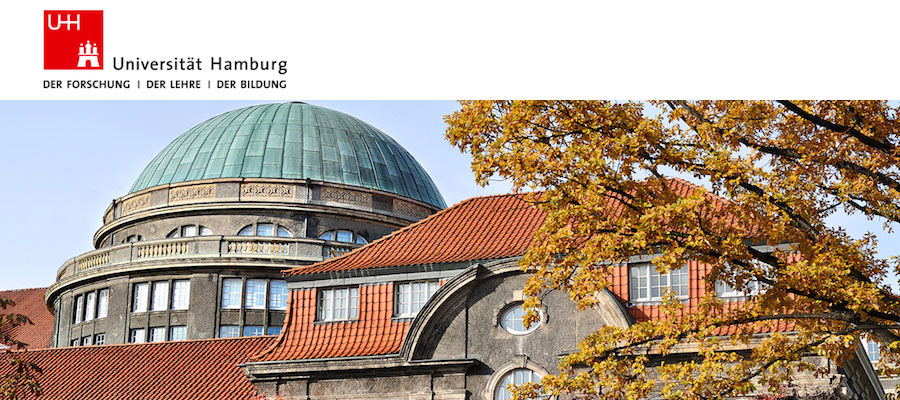The Research Training Group “Interconfessionality in the Early Modern Period”, a part of the Faculty of Humanities at Universität Hamburg and funded by the German Research Foundation (DFG), invites applications for 3-4 PhD positions commencing on 1 October 2018. The term is fixed for a period of 3 years, subject to the availability of appropriate resources.
The doctoral programme examines processes of interconfessional exchange in the Early Modern Period (16th to 18th century) in both the German-speaking world and other European and Non-European contexts (e.g., Italy, England, the Greek Orthodox world, South America and China). Of particular interest are the theological, literary, political, and artistic phenomena that define or overcome the boundaries between the emerging confessions (interconfessionality) or that are common to both (transconfessionality).
We expect candidates to demonstrate openness to questions about the history of media that go beyond the way heterogeneous confessional precepts are reflected in different artefacts: by focussing on individual historical examples, we seek to understand how literature, theatre, the fine arts, and sacred music have documented, varied, influenced, and reinforced these precepts.
Responsibilities
- Further academic qualification within the structured doctoral program.
- A dissertation focussing on interconfessional constellations in the Early Modern Period at an associated department. Doctoral projects are supervised and carried out at Universität Hamburg.
- Compulsery participation in the Research Training Group’s structured doctoral program (including symposia, workshops, lectures, and seminars) and all events of the Research Training Group.
- Mandatory attendance in Hamburg.
Requirements
- A University degree (master’s or equivalent) in one of the associated departments (Protestant or Catholic theology, German studies, English studies, history, romance languages, Byzantine/modern Greek studies, Latin, Latin American Studies, Jewish studies, sinology, historical musicology, art history).
- Interest in interdisciplinary and innovative teamwork.
- Applicants not proficient in German are expected to acquire proficiency in due time.
